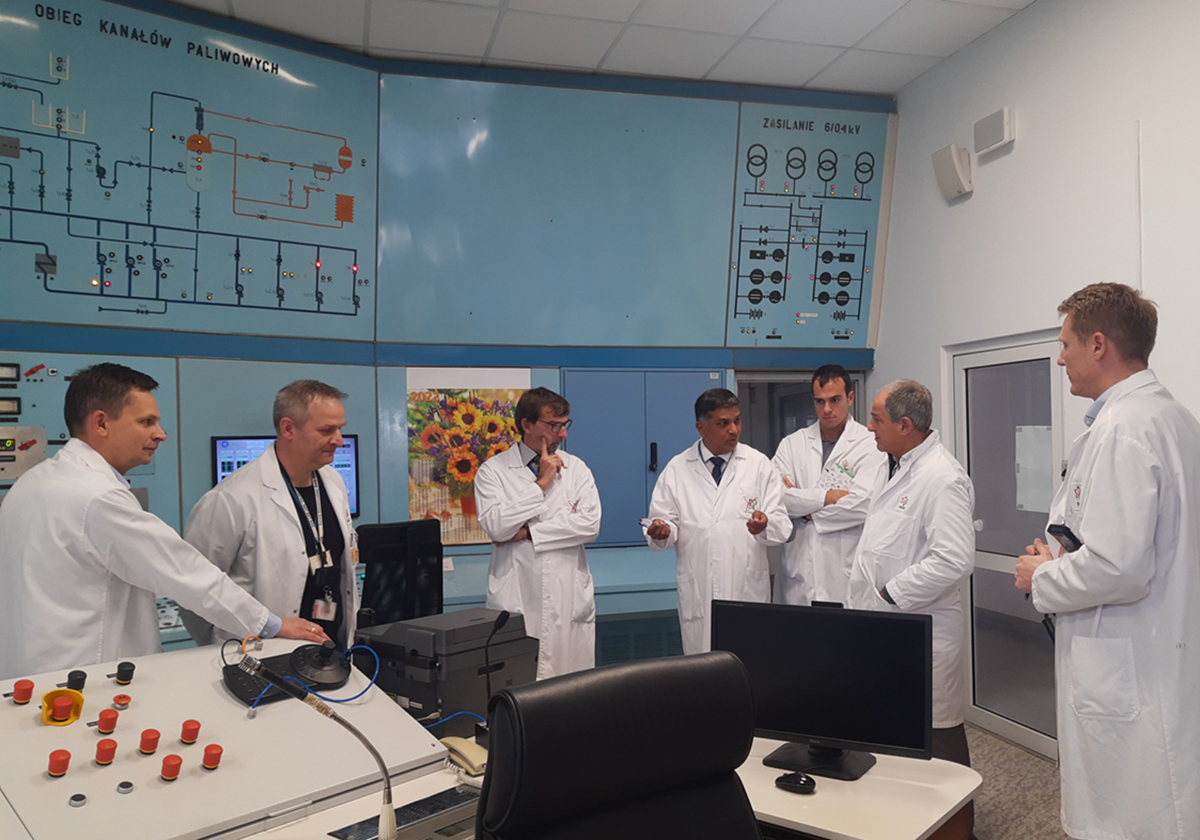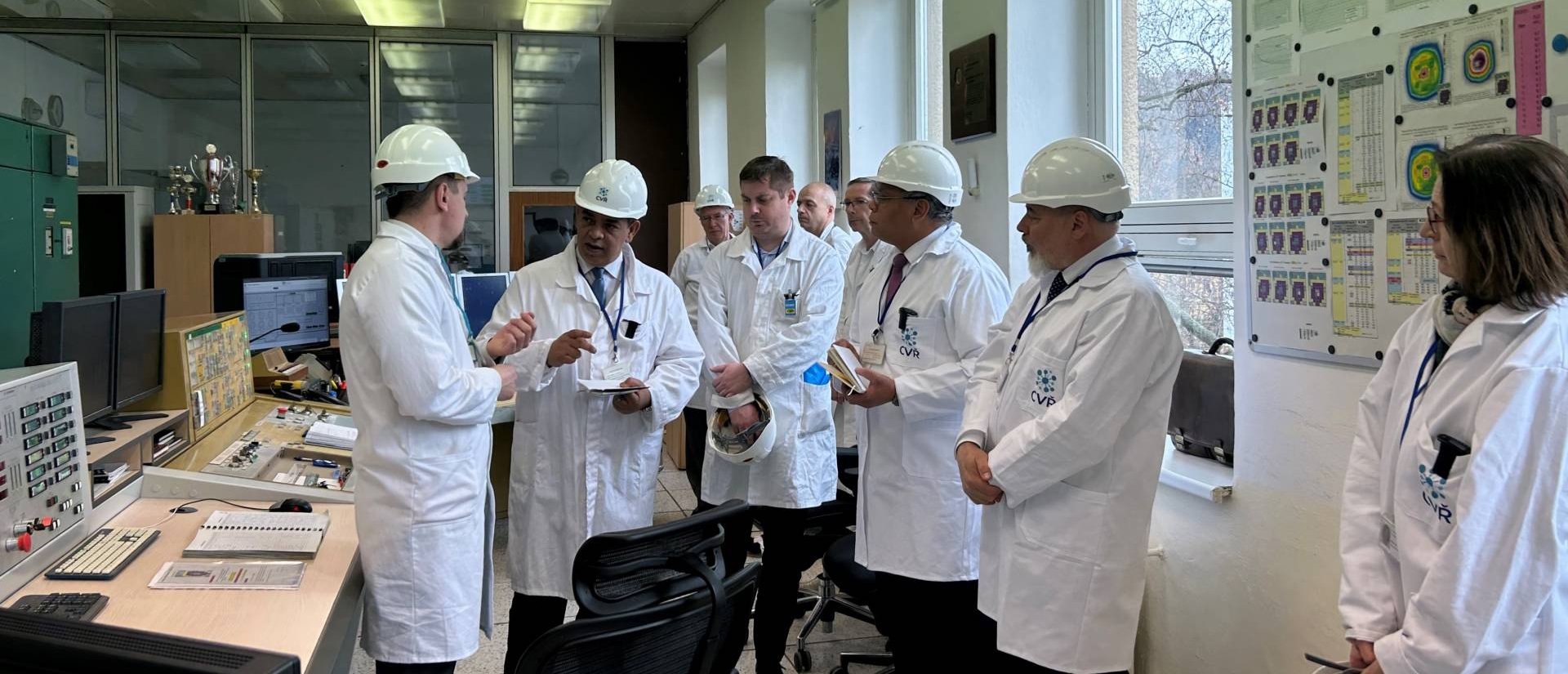More than 220 research reactors are in operation, and they provide essential services such as the production of medical radioisotopes and enable scientific research in agriculture and industry. However, these facilities are ageing — the majority of the world’s fleet of research reactors has been operating for more than 50 years. Operators and regulators, with the help of the IAEA, are focused on refurbishing and modernizing these reactors so that they can continue to deliver goods and services while operating safely and securely.
“In many countries, there are no replacements for these older research reactors and no plans for new ones,” said Ruben Mazzi, Technical Lead for Research Reactor Operation and Maintenance at the IAEA. “We help countries to take the steps to keep these reactors running. Each reactor is different and ages differently. Resources and services provided by the IAEA in support of the global fleet are important for ageing management.”
The IAEA initiated its Research Reactor Safety Enhancement Plan in 2001, in anticipation of an increasingly ageing fleet of research reactors. This plan aims to help countries ensure a high level of research reactor safety. It includes the Code of Conduct on the Safety of Research Reactors, which provides guidance to countries on the development and harmonization of policies and regulations regarding the safety of research reactors. As part of the plan, countries are working with the support of the IAEA to implement systematic ageing management programmes.



